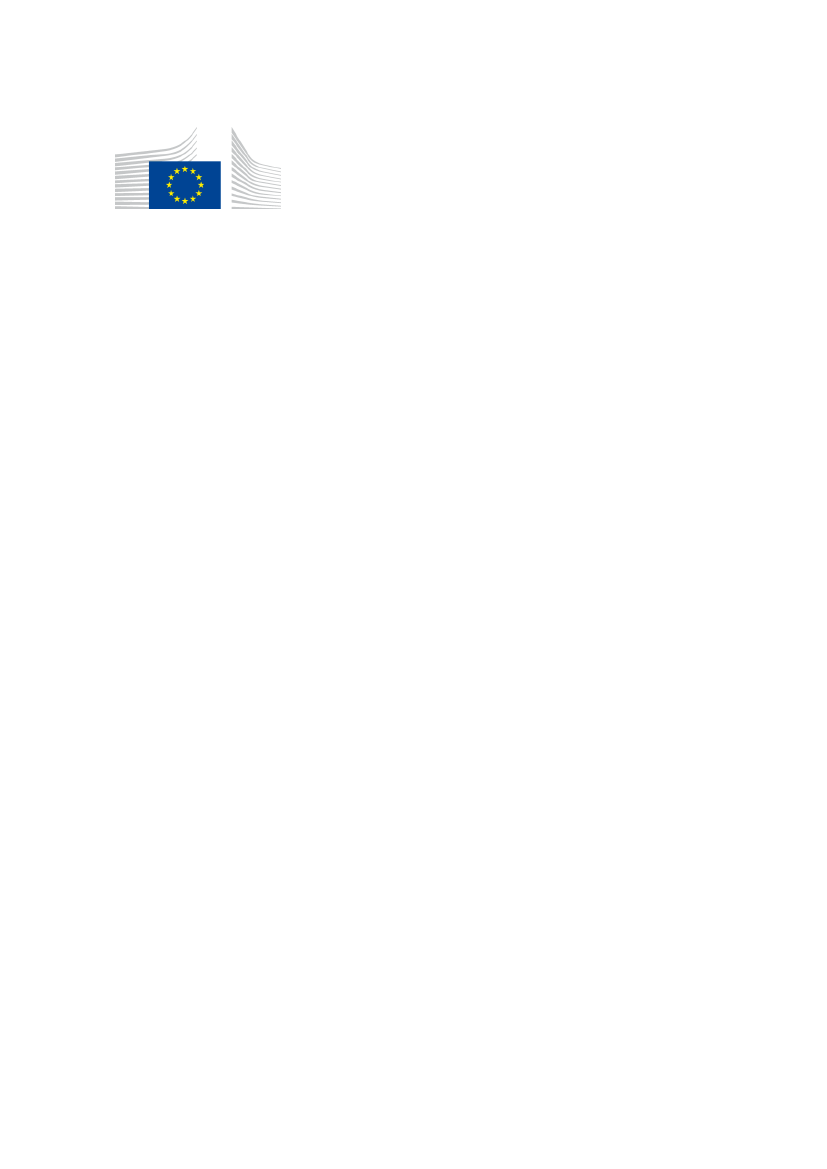
EUROPEAN
COMMISSION
Strasbourg, 8.7.2025
SWD(2025) 904 final
COMMISSION STAFF WORKING DOCUMENT
2025 Rule of Law Report
Country Chapter on the rule of law situation in Denmark
Accompanying the document
Communication from the Commission to the European Parliament, the Council, the
European Economic and Social Committee and the Committee of the Regions
2025 Rule of Law Report
The rule of law situation in the European Union
{COM(2025) 900 final} - {SWD(2025) 901 final} - {SWD(2025) 902 final} -
{SWD(2025) 903 final} - {SWD(2025) 905 final} - {SWD(2025) 906 final} -
{SWD(2025) 907 final} - {SWD(2025) 908 final} - {SWD(2025) 909 final} -
{SWD(2025) 910 final} - {SWD(2025) 911 final} - {SWD(2025) 912 final} -
{SWD(2025) 913 final} - {SWD(2025) 914 final} - {SWD(2025) 915 final} -
{SWD(2025) 916 final} - {SWD(2025) 917 final} - {SWD(2025) 918 final} -
{SWD(2025) 919 final} - {SWD(2025) 920 final} - {SWD(2025) 921 final} -
{SWD(2025) 922 final} - {SWD(2025) 923 final} - {SWD(2025) 924 final} -
{SWD(2025) 925 final} - {SWD(2025) 926 final} - {SWD(2025) 927 final} -
{SWD(2025) 928 final} - {SWD(2025) 929 final} - {SWD(2025) 930 final} -
{SWD(2025) 931 final}
EN
EN